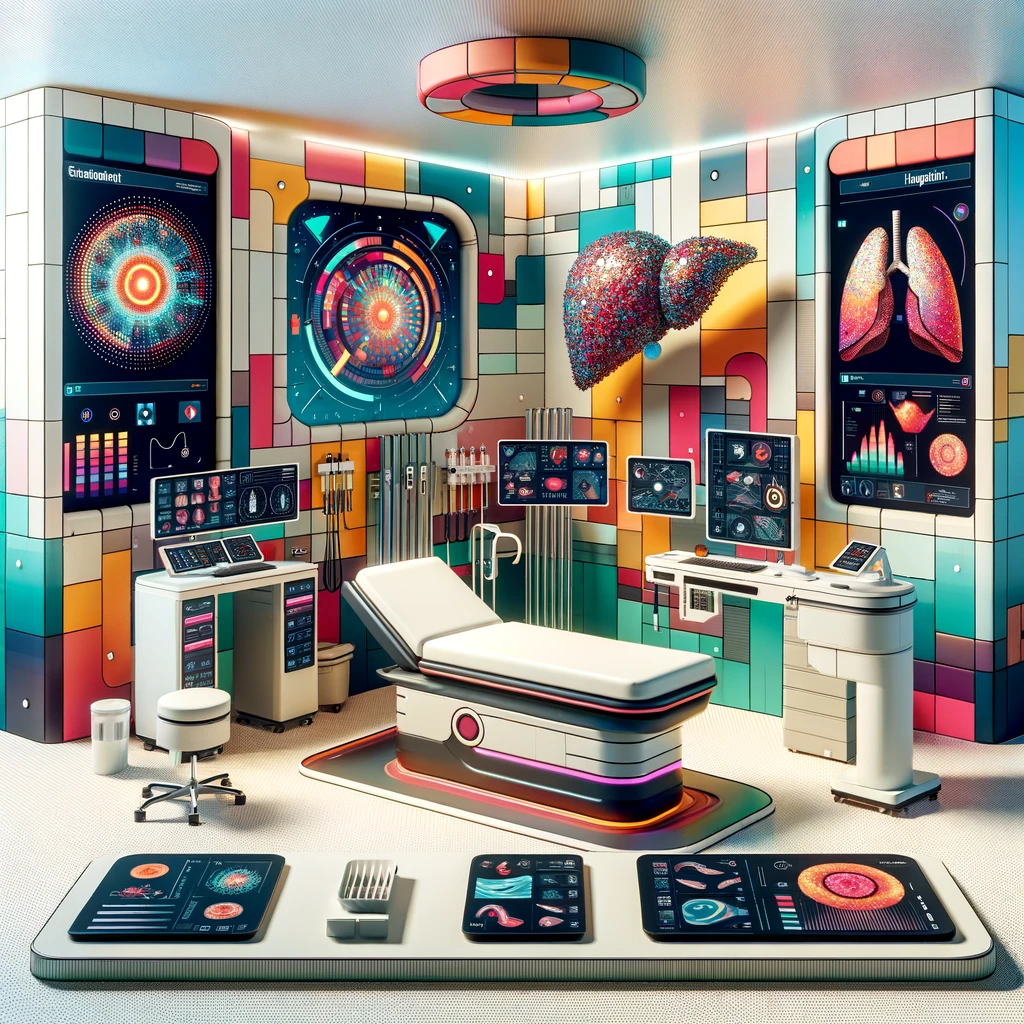
Introduction
In the past two decades, the field of gastroenterology and hepatology has witnessed a significant expansion in the application of artificial intelligence (AI). With reliance on imaging, AI has enhanced the detection of lesions, identification of premalignant or malignant lesions, risk stratification, and prediction of disease prognosis or treatment response. Gastric cancer (GC) is the fourth leading cause of cancer-related death worldwide. Early identification of premalignant lesions or gastric neoplasia is crucial. However, conventional endoscopic imaging techniques have shown relatively low sensitivity and specificity in identifying these lesions. This is where machine learning (ML) and deep learning (DL) models can play a vital role. Thus, this article gives insight into how AI is enhancing gastroenterology and hepatology.
Machine Learning and Deep Learning: Detecting Gastric Conditions
ML and DL have the potential to assist clinicians in diagnosing gastrointestinal and liver neoplasms, bleeding, infection, and inflammatory processes. These models can also predict outcome measures in these conditions. By providing AI suggestions that align with a clinician’s reasoning, ML and DL models can enhance clinical decision-making. However, if there are discrepancies between AI suggestions and clinician judgment, further investigation is necessary. The future integration of ML and DL models into standard clinical care has the potential to guide diagnoses, treatment interventions, and outcome predictions. However, further research is needed to explore how these measures can be effectively implemented in clinical practice.
AI applications in gastroenterology and hepatology are rapidly expanding and evolving. The proliferation of AI applications is expected to enable “precision medicine” on a broader scale. Noninvasive ML-based algorithms are likely to replace invasive diagnostic interventions for certain conditions, improving clinical prediction models. Diagnostic interventions, such as video capsule endoscopy (VCE) interpretation, may see a decrease in human interpretation, with AI-assisted technology taking on a more significant role. Real-time clinical settings, such as polyp detection during colonoscopy, can greatly benefit from AI-assisted technology. Additionally, the integration of monitoring devices like smartphones and smartwatches with ML in disease management is predicted to receive more attention in the coming years.
Conclusion
To fully harness the potential of AI in gastroenterology and hepatology, the creation of a universal, high-quality dataset is essential. This dataset will enable the development of algorithms that can define the epidemiology and risk factors of diseases more accurately. AI assistance should aim to decrease physician workload and maximize productivity by allowing clinicians to focus on faster, more accurate clinical decision-making. AI is enhancing gastroenterology and hepatology which will prove to be beneficial to healthcare.
